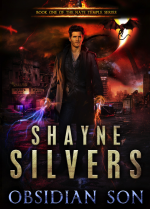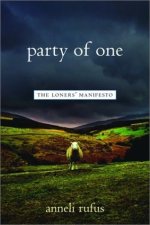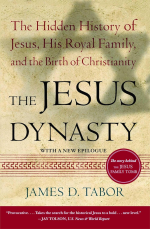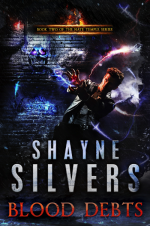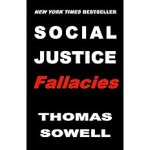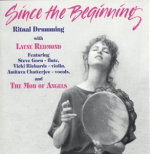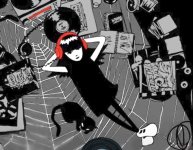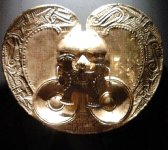I don't know if there are any Fantasy lovers out there, but if anyone enjoys books with some twisted humor (though sometimes sophomoric) and a non-heroic main character, filled with some unexpected twists, numerous pop culture references, and scenes that will make you feel like you have been on an emotional roller coaster ride at times, then I highly recommend Shayne Silvers books set in the "Templeverse" which consists of three different series that all intertwine to some degree.
The Nate Temple Series
Feathers and Fire
The Phantom Queen Diaries
The place to start is the book I mentioned in my first post, Obsidian Son. My brief spoiler free (meaning it doesn't contain anything that isn't given away by the book cover) synopsis is below.
If you happen to be a successful bookstore owner in Saint Louis, skilled at acquiring rare and unusual books, and you happen to come from one of the oldest and wealthiest families in town, and you have a reputation in the media as a playboy who engaged in various shenanigans in your youth, what do you do when your parents die suddenly and mysteriously? Well, if you are Nate Temple you go cow tipping naturally. Of course if you keep the type of secret that Nate and his family have kept for generations, the cow in question might just be a creature out of Greek mythology.
But with a total eclipse coming and visitors gathering in his city to witness the event, Nate soon discovers that St Louis has developed "a reptile dysfunction" and in order to cure it he will have to put his investigation into his parents death on hold and might reveal his secret. St Louis and the world might soon learn that magic is very real because in St Louis there be dragons and it will take all of Nates cunning and wizardly skills to figure out what they are up to.
Now to give a clue as to who Nate is, a couple of lines from the book, with potential spoilers redacted.
“Word around town says you deal in antiquities. Is this true?”
****** hesitated, glancing at the ground in relief. “Says whom?”
“Who,” I corrected, turning back.
“Irrelevant,” he muttered.
That rankled me. “It is not irrelevant. It’s paramount! The rules of grammar are just as important as the rules of engagement in war. Without them, we are barbarians,” I argued.
“I’ve already told you that you have my word, but it’s just a book. Why the secrecy?” The words sounded hollow even to me. Books were not always just books. I’ve cracked a deadly spine once or twice in my day.
Like Twilight. Now that was deadly. The series had managed to turn normal adolescent girls into raving, hormone-filled psychopaths, intent on dating vampires, and no one would ever knowingly do something that stupid.
Paperback and buckram books decorated the floor, torn open to leave loose pages lying about like the useless guts of an eviscerated animal. Fury smoldered deep down inside my stomach, as if I were looking at heaps of dead children lying about the room instead of destroyed books. Books were my children. This was sacrilegious.
My thoughts drifted to Raven entering my store a couple nights ago, and I felt my anger rising. “She pissed me off by destroying a treasured tome.”
“Did you just say the word tome?” he asked, barely containing his laughter.
“It’s what an educated man calls those heavy collections of bound paper with strange symbols inside. Some of them even have pictures, but those aren’t usually called tomes.”
The final excerpt needs a bit of explanation, but is still mostly spoiler free. Nate is confronting an enemy, in enemy territory, outnumbered and outgunned. So he is looking for the right moment to put his hastily concocted, fly by the seat of his pants plan into motion. At this point a woman named Tatiana enters, leading two young red dragons, who then go to their master's side:
Misha tensed beside me, her hand rising as if to beckon them. They shot her icy, hateful stares but remained beside *****.
I heard the faintest of whispers from Misha, her voice raw with grief. “My babies…”
My heart broke. “You die first, Tatiana." I promised, and I meant it.
.......
“So, it seems we each have a traitor in our midst,” ***** said. “Yours—*****…even biting the hand that feeds him,” ***** added the last with a growl. “And mine—my own son who chose to abandon his familial duties.” ***** turned away from the two traitors and looked me in the eye. “So, who dies first?” he asked with a cruel grin—expecting the choice to cause me pain.
I couldn’t have asked for a better line. “Thought you would never ask.” I drew the pistol tucked into the back of my pants and shot Tatiana directly in the forehead.
...
The room was silent as a tomb as I casually re-holstered my weapon. ***** finally turned to me, his face utterly blank.
“I already told you,” I said with a cool shrug. “She dies first.”
Oh, wait, one more, because I can't leave the bloodthirsty, rainbow hating unicorn out of this.
I drew deep on my power and called up my ace-in-the-hole. I whispered the name with every ounce of my will, and he answered my call.
Grimm.
Black lightning struck the edge of the room. Thick, black smoke billowed into the room like fog, but pinpoint silver hooves emerged from that shifting darkness—as well as a set of blazing, fiery eyes. Silver blue fire trailed the clip-clop of horse hooves as he slowly materialized. He neighed—a sound both feral and hungry—freezing the marrow in my bones. His barbed horn seemed to glow in anticipation of the blood he craved. Everyone stopped to look, confused and frightened.
My little pony knew how to make an entrance.







